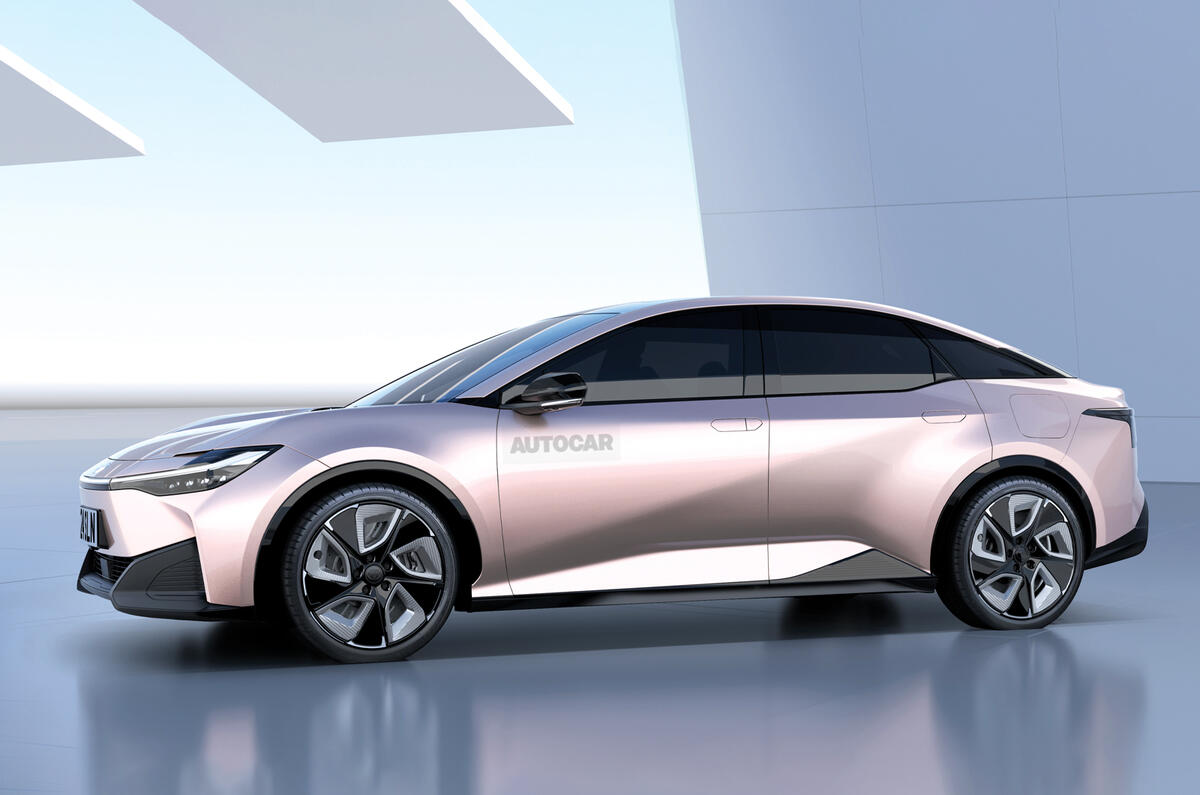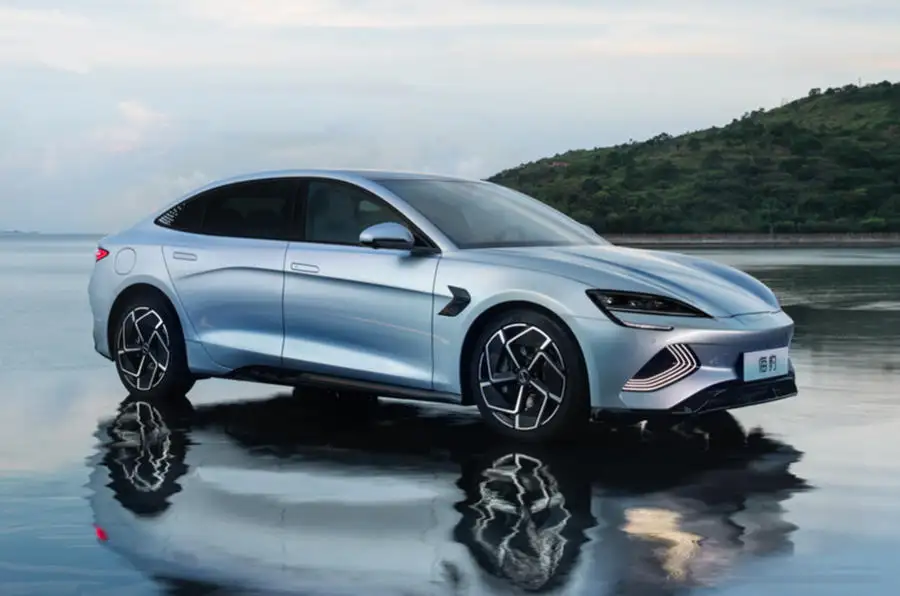Toyota is on the cusp of one of the most rapid and comprehensive BEV roll-outs from any car company yet, with the launch of a zero-emissions alternative to each of its core offerings alongside standalone models to compete in new segments.
The firm has been vocal in recent years about its belief that electrification isn’t the only route to decarbonising the global vehicle parc, but it’s committed to launching a diverse and comprehensive range of electric vehicles to cover the most popular market segments, success in which is crucial if it is to maintain its position as the world’s leading car manufacturer.
Like established mainstream rivals such as Volkswagen, Stellantis, Kia and Hyundai, Toyota is using a bespoke EV platform – the E-TNGA – as the basis for a new line of EVs that will in effect succeed today’s combustion-engined offerings.
The spearhead of this rollout is the RAV4-sized bZ4X crossover, which is on its way to customers now, pending a fix for a wheel-mounting fault that has delayed its global launch.
According to a line-up preview given by Toyota CEO and president Akio Toyoda at the end of last year, the bZ4X (below) will be followed by an array of mainstream and enthusiast-orientated EVs, ranging from urban-focused superminis to rugged off-roaders, large SUVs, compact commercial vehicles and a sleek new saloon aimed at some of the world’s most popular EV models.
![]()
This saloon, referred to as the bZ Sedan in concept form but now thought to be taking the bZ3 name into production, will first be aimed at the Chinese market, where such cars remain hugely popular in the face of a wider global shift towards SUVs.
Toyota has recently reinvented its Crown flagship as a strikingly styled, high-riding fastback for China and the US, albeit with combustion power, but it hasn’t made any indication of plans to bring this to Europe.










Join the debate
Add your comment
And they have a lot of catching up to do, largely thanks to them betting so heavily on hybrid and hydrogen technology.
Somehow, there just isn't the will to spend huge amounts of money on building out huge support networks for fuelling both hydrogen and battery cars. It was always going to be one or the other. The numbers of BEVs sold in the last couple of years must put battery charging as the most likely candidate to win, and Toyota now having a change of heart about battery only makes it more likely still.
Maybe Toyota will show the Germans how to build an electric car that always works?
Maybe Toyota will show the Germans how to build an electric car that always works?